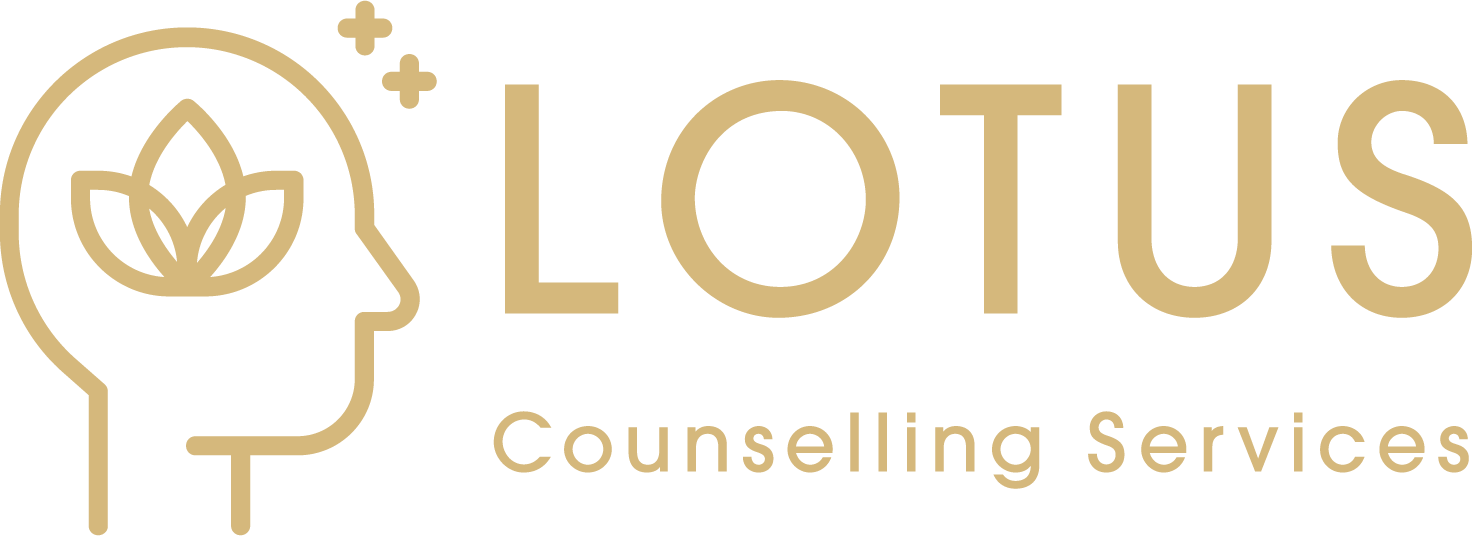Riding the Waves: Navigating Anxiety in an Uncertain Economic Climate
Everywhere we turn today—on the news, in grocery store aisles, or during conversations with friends—there’s a common thread weaving through our collective consciousness: anxiety. Not just the kind that quietly hums in the background, but a persistent, growing tension often rooted in the current economic climate. It’s no surprise that more people are reaching out for mental health support, and with good reason.
At Lotus Counselling, we’ve seen how deeply financial insecurity, inflation, and job market uncertainty are impacting emotional well-being. And while we’re not economists, we are therapists who bear witness to how these global shifts ripple through daily life.
The Weight of Financial Uncertainty
As of early 2025, economic indicators point to a complex landscape. Inflation has cooled from its pandemic-era highs, yet essentials like housing, groceries, and healthcare remain more expensive than they were just a few years ago. In Canada, nearly half of adults report increased stress levels due to financial pressures, according to recent surveys by Statistics Canada. This isn't just about numbers—it's about the very real decisions people are forced to make: choosing between paying rent or buying medication, delaying retirement, or juggling multiple jobs.
Anxiety, in this context, becomes more than a diagnosis. It’s a natural response to ongoing instability.
Beyond Common Sense: How This Stress Manifests
Economic anxiety doesn’t always look like fear about a dwindling bank account. It can show up as:
Sleep disturbances: Trouble falling or staying asleep as the brain churns through worries.
Hypervigilance: Feeling constantly “on edge,” scanning for the next crisis.
Relationship strain: Financial tension is one of the leading contributors to conflict in intimate partnerships.
Decision paralysis: Struggling with choices, even small ones, due to a fear of making things worse.
These responses are rooted in our nervous system’s natural survival strategies—fight, flight, freeze, or fawn. When uncertainty becomes chronic, our bodies stay stuck in high alert.
Collective Experience, Individual Impact
While the global economy affects everyone, it doesn’t affect everyone equally. Marginalized groups—including racialized communities, single parents, and people living with disabilities—often bear the brunt of economic instability. Women, who already face a gender pay gap, are statistically more likely to take on caregiving roles that limit full-time employment opportunities.
Understanding these intersections is crucial. At Lotus Counselling, we don’t look at anxiety in isolation. We recognize the social and structural factors that shape mental health, and we work with each client to honour their lived experience.
So, What Can Be Done?
Therapy doesn’t change the economy—but it can change how we navigate it.
In sessions, clients can build tools to manage anxiety, make space for grief over what’s been lost, and reconnect with values that offer stability when external conditions don’t. Grounding practices, cognitive strategies, and somatic approaches all have a role in easing the nervous system’s load.
Importantly, we also help clients untangle internalized shame. Financial anxiety often comes with a sense of personal failure, despite being caused by systemic issues. Therapy can be a space to name these pressures without blame.
You’re Not Alone
If you’ve felt anxious, uncertain, or overwhelmed lately, you’re in good company. Many are quietly carrying similar burdens, wondering if they’re the only ones struggling to keep up. They’re not—and neither are you.
At Lotus Counselling, we offer compassionate, evidence-informed psychotherapy both in-person in Hamilton and virtually across Ontario. We provide a free 15-minute consultation to help you explore whether therapy might support you during these uncertain times.
The world may feel shaky, but your mental health doesn’t have to mirror that instability. Like the lotus flower rising from murky waters, healing is possible—even in times of turbulence.

